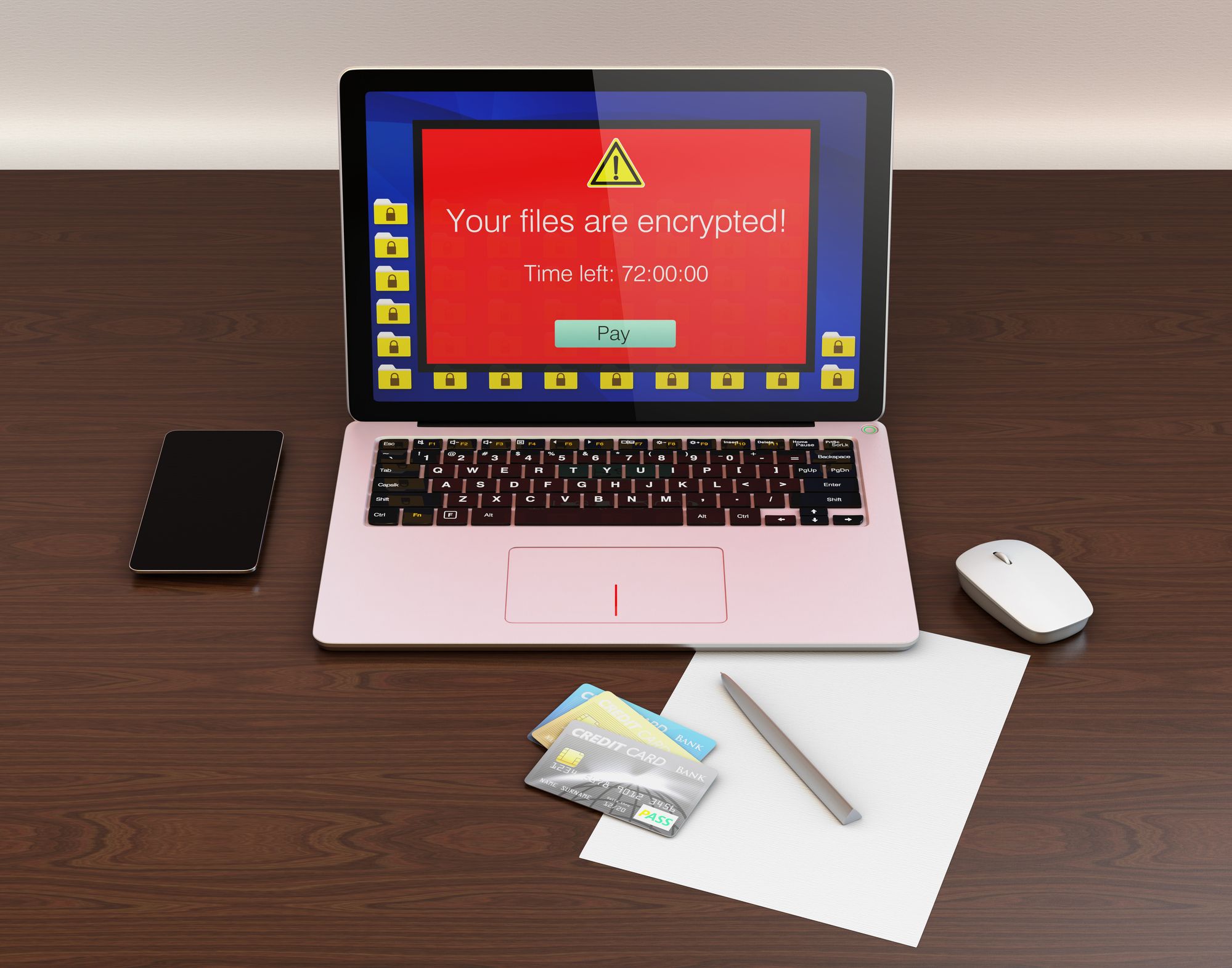Top Class Actions’s website and social media posts use affiliate links. If you make a purchase using such links, we may receive a commission, but it will not result in any additional charges to you. Please review our Affiliate Link Disclosure for more information.
In the age of coronavirus, our medical system has never been more significant to the country’s overall survival. Its functionality is integral to withstand this global health crisis while continuing to care for those who are sick with other illnesses. Unfortunately, incidents like the Imperial Health data breach show that there are people who will take advantage of the most critical information during a crisis.
Imperial Health is a physicians’ network located in Southwest Louisiana. HIPAA Journal reports that on May 19, the network detected a breach that potentially exposed the confidential information of more than 116,000 patients. The Imperial Health data breach is the most recent in a series of hospital ransomware attacks being carried out across the country.
What’s a Hospital Ransomware Attack?
Hospital ransomware attacks like the Imperial Health data breach have become common in the last few years, largely due to the introduction of Bitcoin and other cyber-currencies. Hackers who steal hospital information need a way to collect a ransom without opening themselves up to discovery. The most common solution is to use cyber-currencies.
Hospital ransomware attacks generally involve a hacker gaining access to a hospital system via an email to a hospital employee containing a malware link. After the attacks begin, users on the system are unable to log in or access anything until the ransom has been paid. However, paying the ransom doesn’t guarantee that access will be returned or that an attack won’t occur again from the same hackers.
 How To Protect Your Information
How To Protect Your Information
Healthcare Innovation reports that cybersecurity company Comparitech found that since 2016 nearly 7 million Americans have been affected by ransomware attacks. Comparitech’s report was issued before the Imperial Health data breach. Louisiana’s KPLC-TV spoke with cybersecurity consultant Vic Wukovits about how consumers can protect their data and confidential information.
“You should also be using a different password for every account you have. It gets very, very convoluted and complex to try to remember all that stuff and that’s why there are programs to allow us to do that easily like LastPass is one I recommend, but that way you can keep a different password for each account,” Wukovits told the news outlet.
Maintaining a collection of different one-use passwords is an excellent way to avoid a data breach. Your street address and name are most likely in the public record, but information like your email, date of birth, and credit card numbers are much harder for strangers to access, and much more important to keep private.
What to Do in Case of a Data Breach
Wukovits laid out a couple of steps that victims of the Imperial Health data breach and others like them can follow after an attack to help mitigate any damage that may have been done. If you learn that your information may have been compromised, the first step is to find out exactly what information may have been accessed, he said. If crucial information has been accessed, that should be a “red alert”.
“Social Security number, your actual credit card numbers, passwords to these accounts. If that data is out there you need to take action immediately,” he said.
After you know what information may be compromised, Wukovits advises changing all your passwords and contacting your financial institutions. You should also contact credit bureaus Experian, TransUnion, and Equifax to register a fraud alert. Wuskovits recommends continuously improving and adjusting your security practices.
The Imperial Health Data Breach
On May 19, Imperial Health determined that an unauthorized party gained access to its network and encrypted files and databases. The database held the information of 116,262 patients who had previously received medical services at Imperial Health’s Center for Orthopaedics (CFO). According to an investigation into the incident, the Imperial Health data breach did not result in any data access or data theft. Imperial Health was able to remove the ransomware from its network and restore its data without paying any ransom. For added protection, Imperial Health has deployed new anti-virus software.
The health system sent an email alerting the affected patients of the Imperial Health data breach. As Hippa Journal reports, the email explained that the database may have held the “name, address, telephone number, birth date, Social Security number, medical record number, diagnoses, treatment information, medications, dates of service, treating physician, and other clinical information” of those affected. Imperial Health recommended patients contact the credit bureaus listed above as well as local law enforcement and the Federal Trade Commission if needed.
Join a Free Hospital Ransomware Attack Class Action Lawsuit Investigation
If you were a patient at a hospital or healthcare facility affected by a ransomware attack that impacted your medical care, you may qualify to join a hospital ransomware attack class action lawsuit investigation.
This article is not legal advice. It is presented
for informational purposes only.
ATTORNEY ADVERTISING
Top Class Actions is a Proud Member of the American Bar Association
LEGAL INFORMATION IS NOT LEGAL ADVICE
Top Class Actions Legal Statement
©2008 – 2024 Top Class Actions® LLC
Various Trademarks held by their respective owners
This website is not intended for viewing or usage by European Union citizens.


 How To Protect Your Information
How To Protect Your Information













4 thoughts onImperial Health Data Breach Risked 116,000 Patients’ Info
Add me
Please add me
Please add me
Add Me please